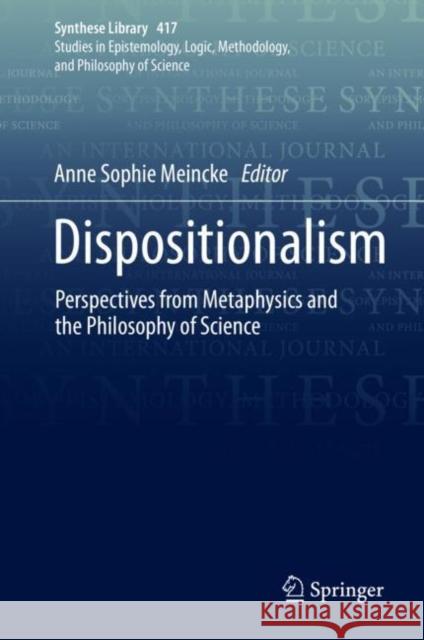Dispositionalism: Perspectives from Metaphysics and the Philosophy of Science » książka
topmenu
Dispositionalism: Perspectives from Metaphysics and the Philosophy of Science
ISBN-13: 9783030287214 / Angielski / Twarda / 2020 / 248 str.
Dispositionalism: Perspectives from Metaphysics and the Philosophy of Science
ISBN-13: 9783030287214 / Angielski / Twarda / 2020 / 248 str.
cena 563,56
(netto: 536,72 VAT: 5%)
Najniższa cena z 30 dni: 539,74
(netto: 536,72 VAT: 5%)
Najniższa cena z 30 dni: 539,74
Termin realizacji zamówienia:
ok. 22 dni roboczych.
ok. 22 dni roboczych.
Darmowa dostawa!
Kategorie BISAC:
Wydawca:
Springer
Seria wydawnicza:
Język:
Angielski
ISBN-13:
9783030287214
Rok wydania:
2020
Wydanie:
2020
Numer serii:
000560157
Ilość stron:
248
Oprawa:
Twarda
Wolumenów:
01











